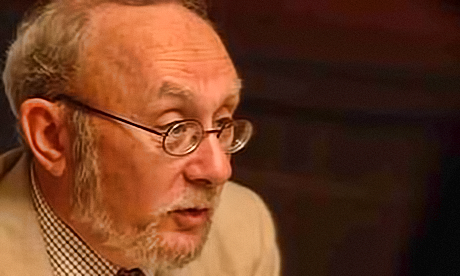You’ve got to feel a little sorry for the Catholic bishops.
They declared that the Obama administration was making war on religion and not only was the president reelected but Catholics were the only Christian religious body to vote for him.
To make matters worse, after devoting much talk and treasure to combatting the rising tide of same-sex marriage, they got their butts kicked from coast to coast by a populace that voted the other way.
No wonder Cardinal Dolan made penance the theme of his presidential address to the USCCB during their semi-annual fling in Baltimore this week.
The problem was, no one was prepared to point the penitential finger at Bishop Robert Finn of Kansas City, whose continuance in office after being convicted of failing to report a sexually abusive priest makes a mockery of the USCCB’s claims to have addressed the cover-up scandal.
Equally embarrassing was the fate of a letter on poverty that +Dolan pushed to at least get the bishops on the record in re: the recession that started four years ago. The letter did everything in its power to skate over the tradition of advocacy embedded in Catholic social teaching, failing even to mention American bishops’ own 1986 pastoral letter, “Economic Justice for All.”
It was a document more in tune with Rep. Paul Ryan than Pope Leo XIII–one that sought to fulfill the church’s preferential option for the poor via such subsidiary institutions as one-man-one-woman marriage and voucherized schooling.
After being roundly denounced by retired Archbishop Joseph Fiorenza of Galveston-Houston and some other episcopal old-timers, the letter failed to garner the necessary two-thirds vote and was pronounced DOA by +Dolan.
The bishops then unanimously decided that this would be a good time to proceed with the canonization of Dorothy Day, the founder of the Catholic Worker Movement who famously declared, “Do not call me a saint.”
As a devout anarchist, Day was not a fan of big government social programs–but she had no use whatsoever for the kind of laissez-faire subsidiarity advocated by Ryan & Co. She loved organized labor, bosses not so much. As she wrote after a visit to the farm workers in California:
What I saw when I visited Stockton in December was the problem of the land. How much land does a man need? Surely not the tens of thousands of acres owned by the California Packing Company, the Southern Pacific, the Pacific Gas and Electric, the Bank of America, in addition to some individuals whose families administer their holdings like medieval barons, ruling over vast territories and treating their laborers like serfs. These corporations and individuals make up the Associated Farmers.
Reflecting on Los Angeles Cardinal McIntyre’s efforts to squelch the civil rights movement in his city, Day had this comment about the relationship of the laity to episcopal authority:
The way I have felt about Los Angeles is that the lay people had to go ahead and form their groups, “Catholics for interracial justice,” form their picket lines, as they are only now doing, and make their complaints directly, to priest and cardinal, demanding the leadership, the moral example they are entitled to.
You figure Day would have preferred it if the USCCB spent less time promoting her cause and more time paying attention to what she had to say.
Sources:
- RNS
- Image: Digital News Portal
– Mark Silk is Professor of Religion in Public Life at Trinity College and director of the college’s Program on Public Values. He joined Trinity College after working as a reporter, editorial writer and columnist at the Atlanta Journal-Constitution. He writes on news media coverage of religious subject matter.
Additional readingNews category: Analysis and Comment.




